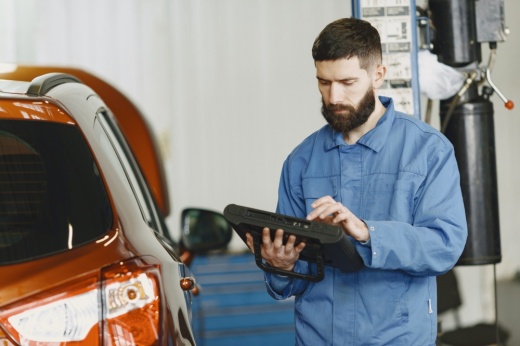Beginning in 2025, Texas drivers will no longer need to get their vehicles inspected.
The framework
On Aug. 5, Gov. Greg Abbott signed House Bill 3297 into law, which eliminates regular mandatory vehicle safety inspections for noncommercial vehicles.
Drivers must still pay the annual inspection fee of $7.50 but will no longer need to take their vehicle in for inspection prior to registering it. If a vehicle was not previously registered, drivers will pay $16.75 instead and won’t be required to pay the $7.50 fee for the next registration year for the same vehicle.
The 17 Texas counties that require annual emissions tests will continue to do so, regardless of the new law.
Only 13 other states have mandatory vehicle inspections since the federal government ended the program requirement in 1976.
According to the professionals
While proponents—such as state Rep. Cody Harris, R-Palestine, who filed the bill—have argued mandatory vehicle inspections are unnecessary, one vehicle inspector said he worries doing away with the requirement could put driver safety at risk and threaten the survival of his business.
“I just think it defies logic,” said Larry Harris, owner of Larry’s Auto Inspection in Houston. “If nobody is making sure the vehicles are safe, there’s going to be some unsafe vehicles on the street.”
Larry Harris, who has operated his shop for 34 years, added the move would take away a large portion of his business now that drivers are no longer required to get their vehicles inspected.
Larry Harris said he was particularly concerned about people being able to drive without their steering wheel, brakes or tires up to standard, adding the bill allows drivers with unsafe vehicles to get behind the wheel.
“I just wonder, if they stopped the safety program and somebody decides to drive unsafe, what’s going to be out there to stop them from driving,” he said.
Community Impact reached out to several state representatives from its coverage areas but they declined to comment.





